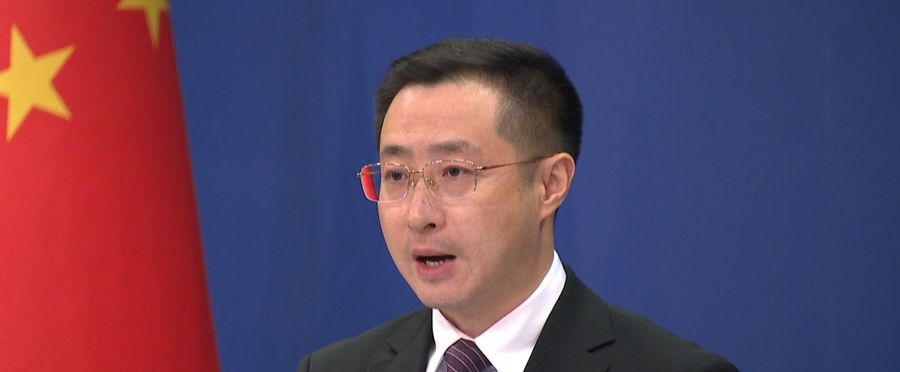The Japanese Prime Minister's recent remarks on Japan's historic Three Non-Nuclear Principles have provoked apprehension in China. The Principles, established in 1967, pledge Japan not to manufacture, possess, or allow the introduction of nuclear weapons. While the specific comments were not released, Chinese officials have expressed unease, further straining relations between the two countries.
Japan's non-nuclear commitment is a pillar of its post-war pacifist constitution, reflecting the country's tragic history and the public's strong anti-nuclear sentiments. Any statements implying deviation from these principles are of national significance and closely scrutinized. Discussions on security and defense, particularly concerning nuclear weapons, always generate public debate given Japan's historical context.
In the US or the EU, nations maintain varying stances on nuclear possession and arms control, which often serve as points of international controversy. However, unlike Japan, their policies are not shaped by direct nuclear wartime experience. Nuclear discourse in these regions usually focuses on proliferation rather than outright abstention.

